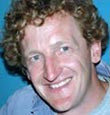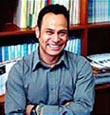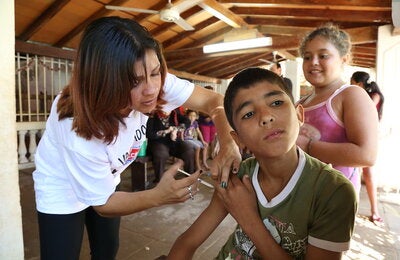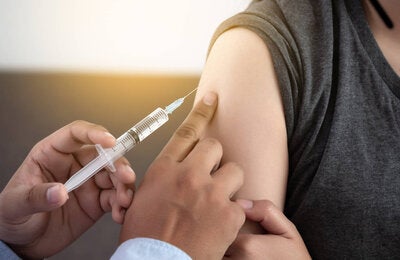
 Three research projects that examine public policies and innovations that link agriculture, food systems, and dietary patterns are the winners of a recent Pan American Health Organization/World Health Organization (PAHO/WHO) competition designed to promote promising approaches to improving people's diets and reducing obesity and chronic diseases in Latin America and the Caribbean.
Three research projects that examine public policies and innovations that link agriculture, food systems, and dietary patterns are the winners of a recent Pan American Health Organization/World Health Organization (PAHO/WHO) competition designed to promote promising approaches to improving people's diets and reducing obesity and chronic diseases in Latin America and the Caribbean.
Washington, D.C., 5 November 2009 (PAHO) - Three research projects that examine public policies and innovations that link agriculture, food systems, and dietary patterns are the winners of a recent Pan American Health Organization/World Health Organization (PAHO/WHO) competition designed to promote promising approaches to improving people's diets and reducing obesity and chronic diseases in Latin America and the Caribbean.
The competition, financed by the Public Health Agency of Canada, recognizes the links between policies on agriculture and trade, the production and marketing of food products, and the "Westernization" of people's diets, and the contributions all of these make to rising rates of obesity and chronic diseases in the Americas.
"This kind of research can help increase awareness that policies at different levels-from the farmer to the food processor, to international trade and retailing-are important in determining what ends up on people's plates and have a direct impact on people's health," said Dr. Enrique Jacoby, PAHO advisor on healthy eating and living.
The three winning projects, announced this week, will receive US$25,000 each. They are:
-
"What is needed to develop policies linking agriculture and healthy diets in Latin America?" The project will look at the key policy processes behind the development, implementation, and impact of Brazil's innovative school lunch program. The project will be led by Corinna Hawkes, research fellow at the University of São Paulo's School of Public Health and author of Trade, Food, Diet and Health: Perspectives and Policy Options (February 2010, Wiley-Blackwell).

-
"Canastas comunitarias ["community foodbaskets"], Transforming consumption habits for healthy food systems and families." The project will analyze the influence of these neighborhood purchasing groups in Ecuador on the consumption of local, healthy foods by low-income urban families, and will identify opportunities for using the Canastas movement as a model for improving diets throughout the Americas region. The research will be led by Stephen Sherwood, of Eko-Rural, a nongovernmental organization in Quito, Ecuador.

-
"Building the capacity and broadening the impact of the human nutrition initiative network," which will use participatory action research to identify innovations in sustainable subsistence food production, processing, distribution, and consumption and will further develop an existing network of Latin American and Caribbean professionals dedicated to improving human health and nutrition through agro-food innovations. The project will be led by Juan Felipe Espinoza, of the Colegio de Postgraduados in Montecillo, Mexico.

The research competition supports WHO's Global Strategy on Diet and Physical Activity and Health, which recognizes the value of promoting the development, production, and marketing of food in ways that increase consumption of fruits and vegetables consistent with national or international dietary recommendations.
The members of the selection committee were Dr. Rachel Nugent (chairperson) of the Center for Global Development, Dr. Mark Muller of the Institute for Agriculture and Trade Policy, and Dr. Homero Martinez of the Rand Corporation.
LINKS



